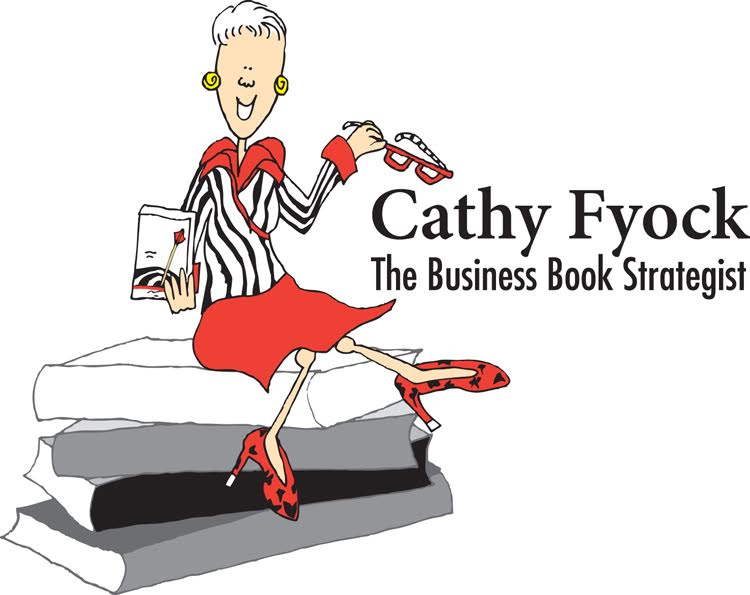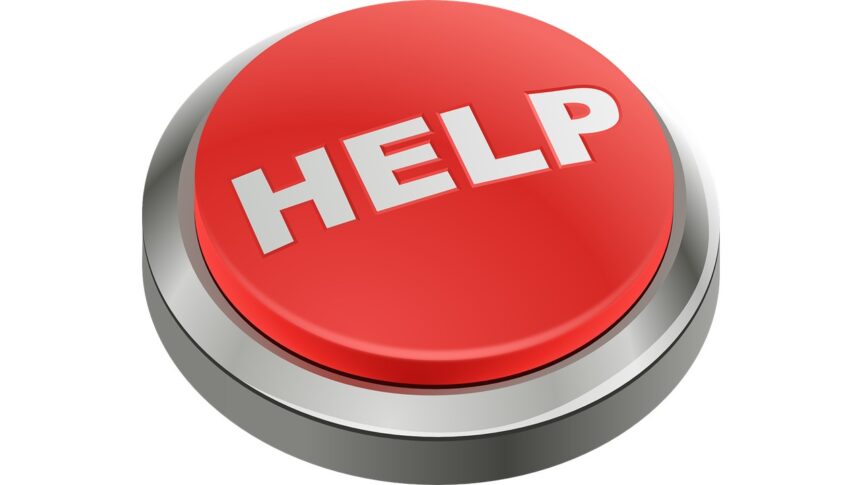When I was between the years of two and three, my mother tells me that she often asked if I needed help. “Do you need some help, honey?”
My response was invariably, “I do it, all by myself!” (And, I’m told, I said it rather emphatically).
What a childish response to an offer for help and support, yet I often find that authors who are nearing the finish line for their books often balk at asking for help in the form of an editorial board, something I consider a best practice before handing your manuscript to your publisher/editor.
Why is this? So often, my authors are the experts and thought-leaders in their industries, and feel that they need to have all the answers, or at least shouldn’t be asking for help from their colleagues. Yet, isn’t it a sign of a lack of confidence when we can’t ask for help and guidance?
In my coaching practice, I believe it is a best practice to ask three to five colleagues for feedback on your manuscript before delivering it to your publisher or editor. One reason for this is that an editor, while experienced in remedying awkward sentences and typos, may not have the same experience within your area of expertise–certainly not at the level that your fellow colleagues, clients, and other thought leaders share. So, I believe that a critical step in the process is to ask for feedback from trusted professional colleagues who can answer these sorts of questions:
• Did I make the business case for my idea or thesis?
• Did the information flow? Was it logical in its structure? Did it all make sense?
• Did I need to add another story or example to bring the point alive or make the content more applicable?
• Was there anything that was redundant or unnecessary?
• Was the tone appropriate? Does it sound like the author? Is it all in a consistent voice?
• Was there any content that was just too much? Does some content need to be cut and utilized in the next book or in a deeper dive on the subject?
• Have I given my reader a clear understanding of the problems that I solve and how I might be used to solve problems for the reader?
Just recently one of my authors shared her experience in working with her editorial board. She thought asking her editorial board to read her draft and provide feedback would be considered an onerous task, and one she hesitated to ask for. She shared with me the surprising reactions of her board in a follow up coaching conversation.
You know Cath, I thought I was asking for a lot of work, but everyone on my board was honored to have been asked and considered it an opportunity. Some said that they loved being able to have a hand in this major accomplishment; others enjoyed being able to see the draft as a ‘sneak preview.’ My board also confirmed that this was a good book, a needed book, and they were proud to be a part of the process. They also shared that my book sounded like me—which gave me an additional bit of affirmation. The feedback they each provided was meaningful and thoughtful. I must say I was touched by their responses.
Are you balking at asking others for help and support? Or, are you thinking like a professional who can up her game by asking for support from trusted colleagues, clients, and fellow professionals? The choice is yours.
P.S. I wrote to ask for Diane’s approval to include her story, and she sent me this stunning testimonial from a member of her editorial board—someone she was reluctant to ask.
In Leading hArtfully Diane Rogers provides both inspiration and practical steps for leading impactful positive change in the workplace. While written for a healthcare context, the framework is equally adaptable to any leadership setting, and her examples are easily relatable. Diane’s “before” story is told with a refreshing and searing honesty that invites leaders to look into the mirror of reflection on their own experiences. It is exciting to see the enormous “change a world” ripple widening from Diane’s first courageous choice to “dive into the deep end” of trust with me as a volunteer client in coach training, spreading out through her coachees and the leaders who read her book, as they discover new ways of both being and doing that transform the workplace into centers of excellence and positive human spirit. I particularly appreciate the resonant value of her prompt to “see the routine as remarkable,” coupled with a structured framework for “holding up the mirror.”

